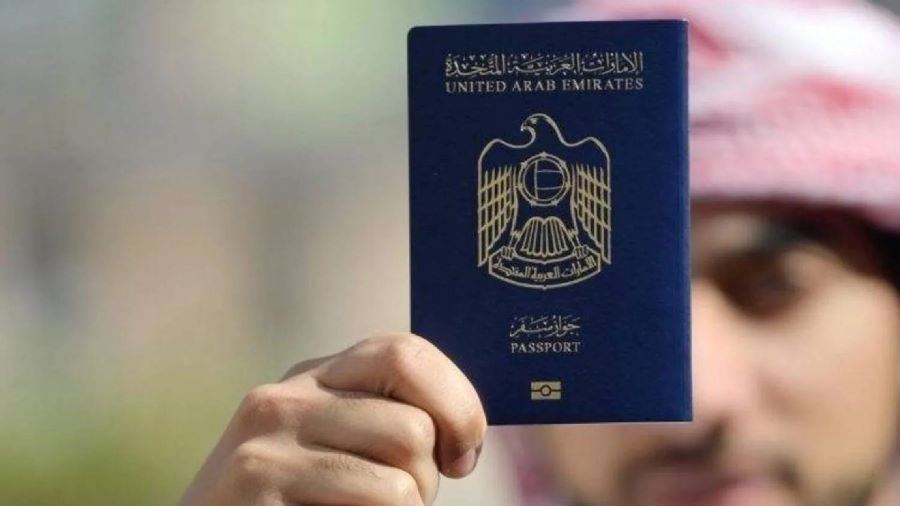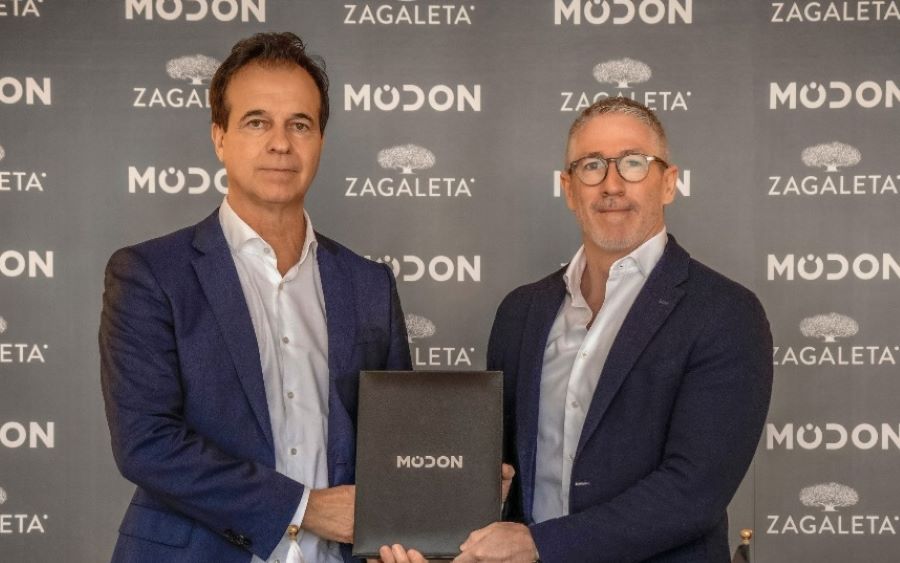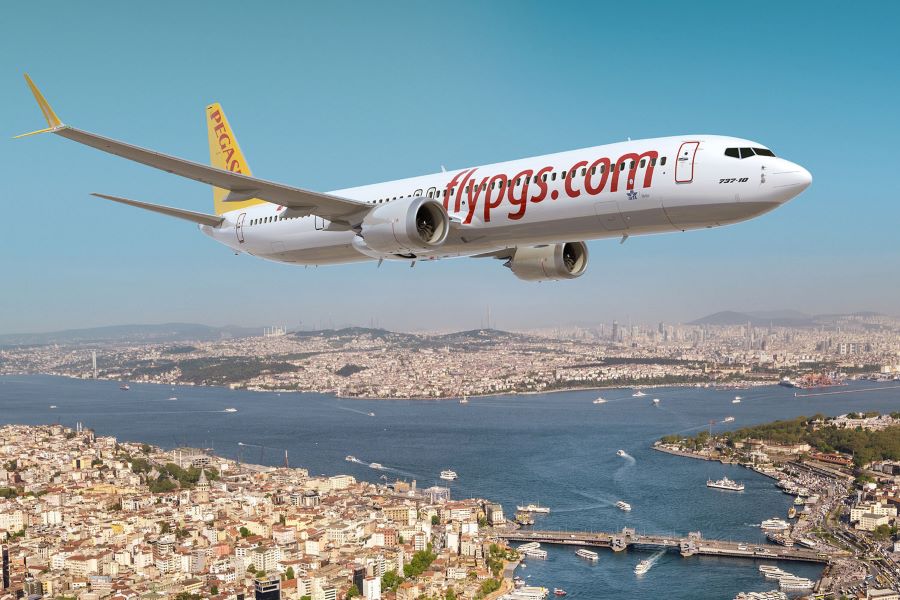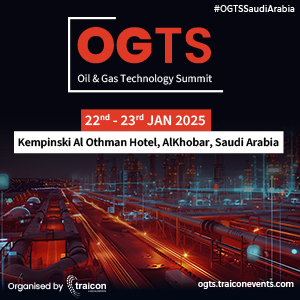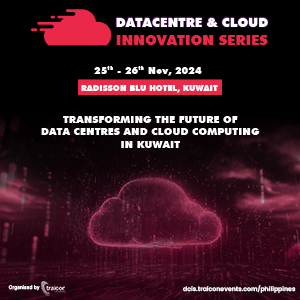
globalbizmag.com
Dubai on its way to achieve net zero emissions by 2050
The Dubai government, which has announced an initiative to achieve Net Zero Carbon Emissions Strategy 2050 in October 2021 to provide 100% of the Emirate’s total power capacity from clean energy sources by 2050, has undertaken several prestigious projects to achieve the goal.
One such project that the Dubai Electricity and Water Authority (DEWA) is implementing to achieve this target is the Mohammed bin Rashid Al Maktoum Solar Park, the largest single-site solar park in the world. It has a planned capacity of 5,000MW by 2030 with investments up to $13.61 billion. When completed, the project will reduce over 6.5 million tonnes of carbon emissions annually.
MD and CEO of DEWA Saeed Mohammed Al Tayer said: “The Mohammed bin Rashid Al Maktoum Solar Park is our biggest project to achieve this vision. The current capacity at the solar park is 1,527MW using photovoltaic solar panels. DEWA is implementing more projects with a total capacity of 1,333MW using solar photovoltaic and Concentrated Solar Power (CSP) in addition to future phases to reach 5,000MW by 2030. The clean energy capacity share is currently around 11.4% of Dubai’s energy mix and is expected to reach around 14% by the end of 2022.”
First Phase
The 13MW first phase became operational on 22 October 2013, comprising around 152,000 photovoltaic cells, connected to 13 transformers in inverter buildings. The output is transformed to 33 kilovolts (kV) and generates nearly 28 million kilowatt-hours (kWh) of electricity annually. The first phase contributes to an annual reduction of about 15,000 tonnes of carbon emissions.
Second Phase
On 20 March 2017, the second phase of 200MW of the solar park was launched, which is the largest and first project of its kind in the region, based on the IPP model. DEWA implemented the project in partnership with a consortium led by ACWA Power from Saudi Arabia as the main developer, and Spain’s TSK as the main contractor, with an investment of $327 million.
The second phase provides clean energy to around 50,000 residences in the Emirate, reducing 214,000 tonnes of carbon emissions annually. This phase installed 2.3 million photovoltaic solar panels over an area of 4.5 sq km.
Third Phase
In November 2020, the 800MW was inaugurated and DEWA implemented the third phase using the IPP model in partnership with a consortium led by Abu Dhabi Future Energy Company (Masdar) and EDF Group, through its subsidiary EDF Énergies Nouvelles at an investment of $945 million.
The third phase provides clean energy for over 240,000 residences in Dubai. The facility is the first of its kind in the Middle East and North Africa region to use single-axis solar tracking to increase energy generation. It also uses other innovative technologies, including cleaning robots for photovoltaic panels to increase the plant’s efficiency.
Fourth Phase
The 950MW fourth phase of the Mohammed bin Rashid Al Maktoum Solar Park has investments totalling $4.3 billion based on the IPP model. It is the largest single-site investment project that combines CSP and photovoltaic technology.
It will use 700MW of CSP (600MW from a parabolic basin complex and 100MW from the solar power tower) and 250MW from photovoltaic solar panels. On its completion, the project will have the largest thermal storage capacity in the world of 15 hours, allowing for energy availability round the clock. This phase will provide clean energy for around 320,000 residences and reduce 1.6 million tonnes of carbon emissions every year.
Fifth Phase
In November 2019, DEWA announced the consortium led by ACWA Power and Gulf Investment Corporation as the preferred bidder to build and operate the 900MW 5th phase of the Solar Park, using photovoltaic solar panels based on the IPP model.
DEWA achieved a world record by receiving the lowest bid of $1.69 per kilowatt-hour (kWh) for this phase. It uses the latest solar photovoltaic bifacial technologies with Single Axis Tracking to increase energy production. It will provide clean energy for more than 270,000 residences in Dubai and reduce 1.18 million tonnes of carbon emissions annually.



